
Did you know that more than 95% of people seeking legal advice use search engines? Or that almost 75% of them visit a lawyer’s site before taking action?
Adding the following lawyer SEO tips to your law firm’s marketing efforts is a must if you want to get ranked in search engines.

Keyword Research
When starting to build your SEO for lawyers strategy, the first step is to do keyword research. This research will help you define the most popular, relevant words/phrases that users are commonly typing into search engines.
Competitive research
However, the most commonly searched keywords are usually high competition, which means they’re already used by a great number of your competitors or by big players in your industry. That’s why you need to conduct a more in-depth research within your niche in order to find keywords with lower competition and high search volume.
For this purpose, you can use tools like the keyword gap tool by SEMRush. This tool will analyze your competitors and show you the keywords they’re are ranking for.
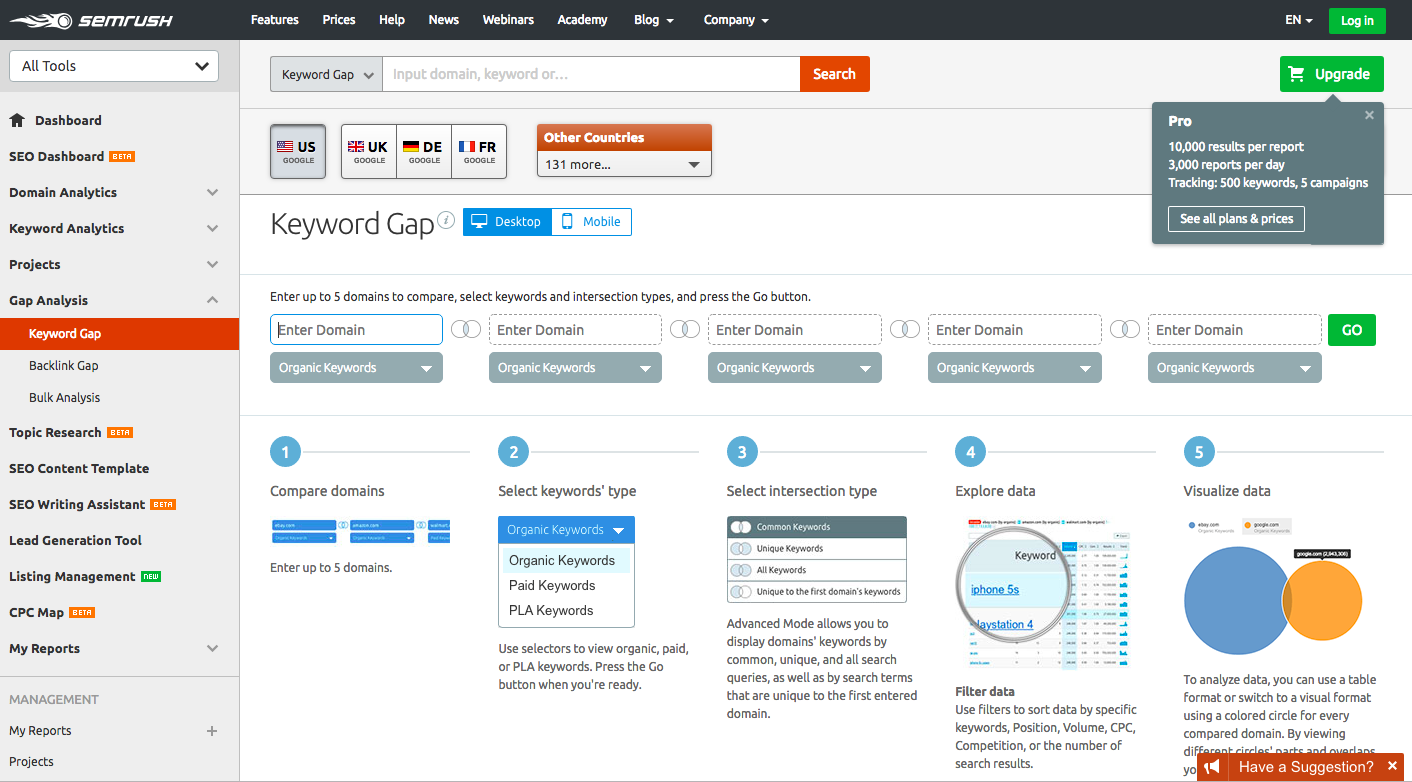
Long-tail keywords
Short keywords are harder to rank for, but that doesn’t mean you should completely write them off. Use them as a base for a broader research and include them in your long-tail keywords.
For instance, ‘Family lawyers’ is a broader term and a short keyword with high competition, whereas ‘Family lawyers who specialize in domestic violence’ is a long-tail, more specific keyword which is very likely bring potential clients.
Optimize Your Law Firm’s Website
Optimizing your site, first of all, means providing a good user experience in order to increase conversions. Make sure that your website is easy to navigate and that all crucial information (such as address and phone number) is easily found.
The best way to ensure a smooth and simple UX is to create separate pages for each of your services. If you decide to do this, make sure that each page has at least 200-300 words and that it is optimized around your main keyword. The keywords should be included in the following places:
- URL
- Title tag
- Meta description
- Images
- Blog post titles
- Headers and body content
Make Your Site Mobile Friendly
In order to understand the importance of going mobile-friendly, we’ll share a couple of statistics:
- More than 30% of all law firm- related traffic comes via mobile search;
- Almost 70% of people use both smartphones and computers for research.
People are increasingly relying on their mobile devices when searching for critical information online. Google knows this and it gives priority to mobile-friendly sites. So, if your site is outdated and not optimized for mobile, your rankings are not very likely to improve.
But before you set out to optimize your website, use Google’s test to see if it’s mobile-friendly.
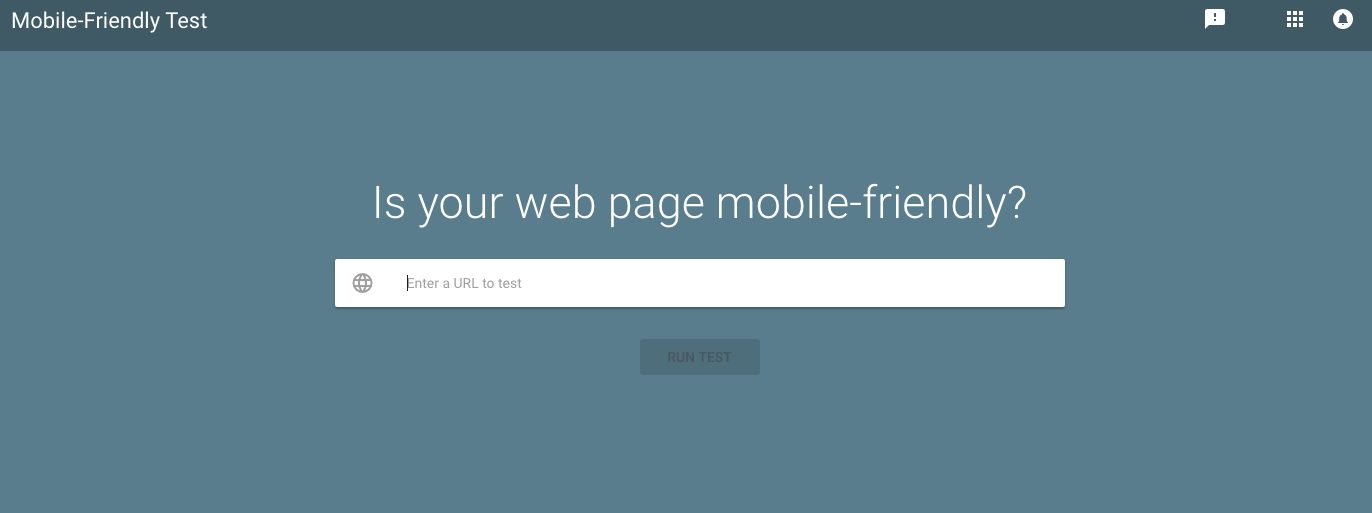
Create Great Content
One of the most important lawyer SEO tips is to focus on creating great content. Publishing high-quality, relevant content that is optimized around the selected keywords is a guarantee that search engines will find your law firm’s site.
Moreover, a content that provides valuable information will easily persuade potential clients to take the necessary action, i.e. to click on your link and, eventually, use your legal services.
Posting frequency
The posting frequency is another important SEO factor. The best way to ensure you have fresh content posted on a regular basis is to create a blog section on your website. Every new blog lets Google know that your site is regularly updated and your law firm is reputable. The blog is also a great way to make use of the unused relevant keywords, which additionally increases your chances of ranking higher.
Having a regular posting schedule can be very helpful. The generally accepted posting frequency is about once a week.
Know your target audience
When writing content with the intention to boost your SEO, simply posting frequently and hoping that people will like it isn’t enough. You need to know your target audience. What are they searching for? What language do they use?
For instance, if your target is under-educated or low-income clients, you’ll need to use simpler language so they can understand what you’re saying. The legal jargon can be difficult for people outside your industry so you need to make sure to adjust the content accordingly. If people find your content illegible, they’ll leave your website immediately and, over time, you’ll end up penalized by search engines with lowered rankings.
Pay attention to headlines
Great headlines can significantly boost your SEO efforts; however, experienced content writers agree that creating a great headline can sometimes be more difficult than writing an entire article.
Good headlines need to persuade people to read the content but also to make search engines recommend your content in search results.
A good headline should include the following key elements:
- the targeted keyword
- a provocative, catchy phrase that encourages people to click
- numbers (that indicate the article is some kind of a list)
- a clear CTA
In addition, the headline needs to be relevant to the content, i.e. let readers know what to expect from the article. If you fail to provide relevant information in the headline just for the sake of it sounding spectacular, you’re putting your reputation and credibility at risk.
Avoid keyword overstuffing
The keywords need to appear throughout the content since they’re crucial for bringing traffic. However, that doesn’t mean you should stuff your articles with them at any cost.
Focus on providing genuinely valuable information for your potential clients above all, then make an effort to optimize your article for the chosen keyword. On average, the keyword density should be 1%-2% in order for the post to read naturally.
Stuffing your articles with keywords will not only make them illegible for human readers but will also send negative signals to Google’s algorithms and get you penalized.
Inbound Links
Inbound links are for search engines what friend’s recommendations are for people. The more websites recommend your law firm by linking to your website, the higher the search engines will rank you. Here are a few ways to build links:
- Write high-quality content that legal professionals will want to share;
- Look for guest posting possibilities on popular blogs and websites in your industry;
- Be active on legal forums; once you become well-known in your niche on these forums, start adding links back to your site;
- Set up a Facebook page for your business and add a link to your site in the About section;
- Make use of business directories including:
- national and general directories such as Yellowpages, Yelp, and Citysearch.
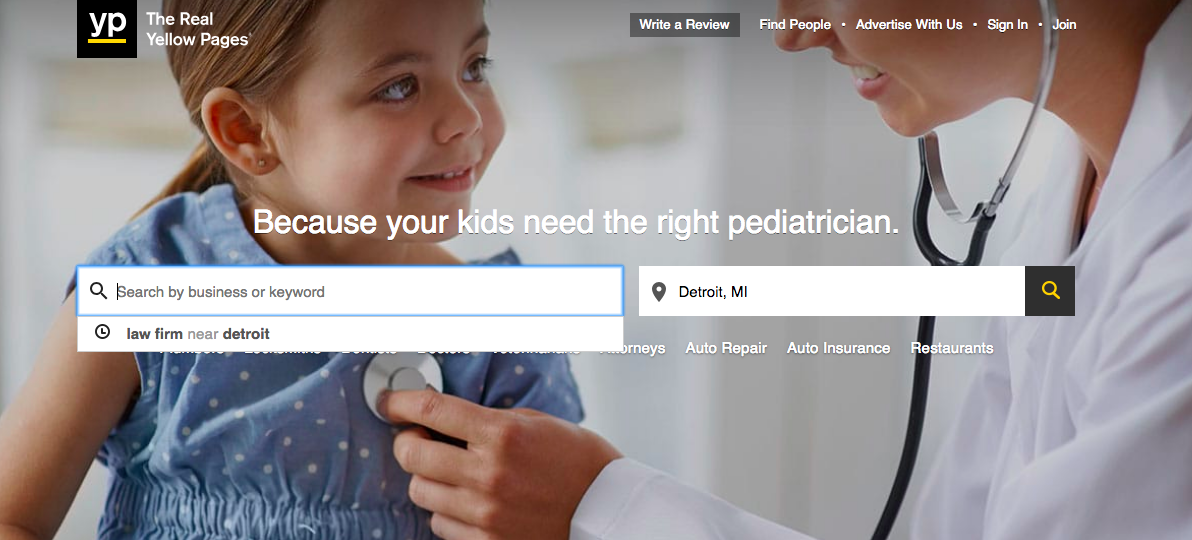
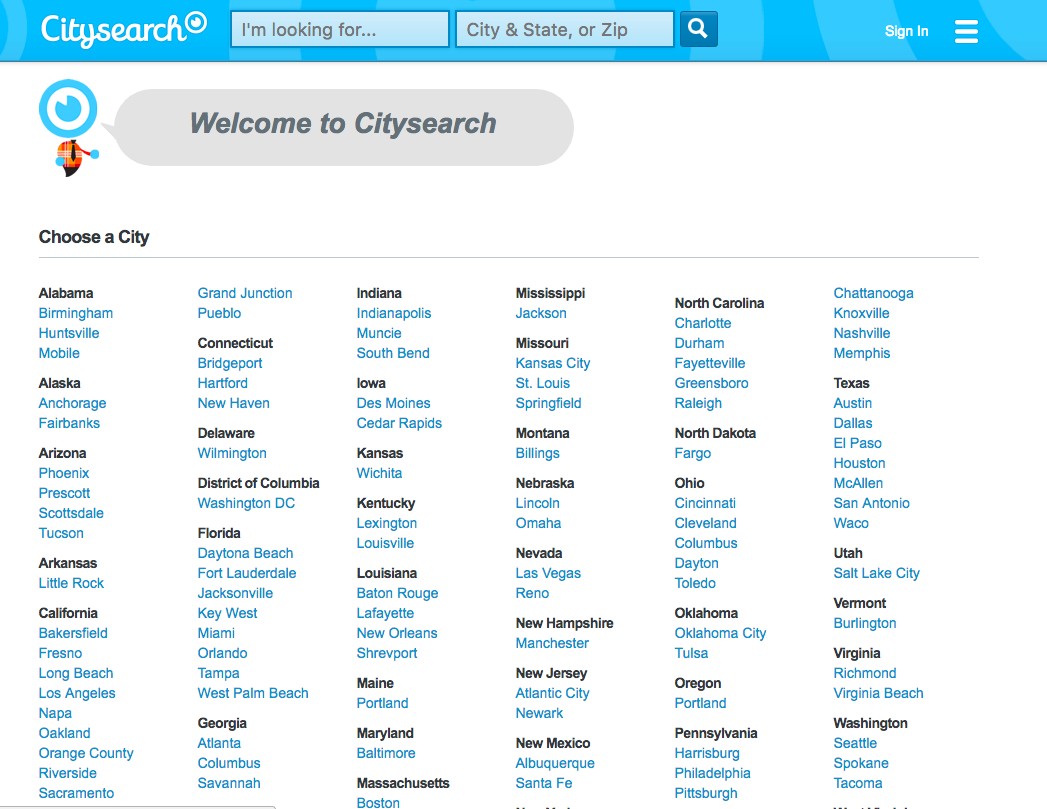
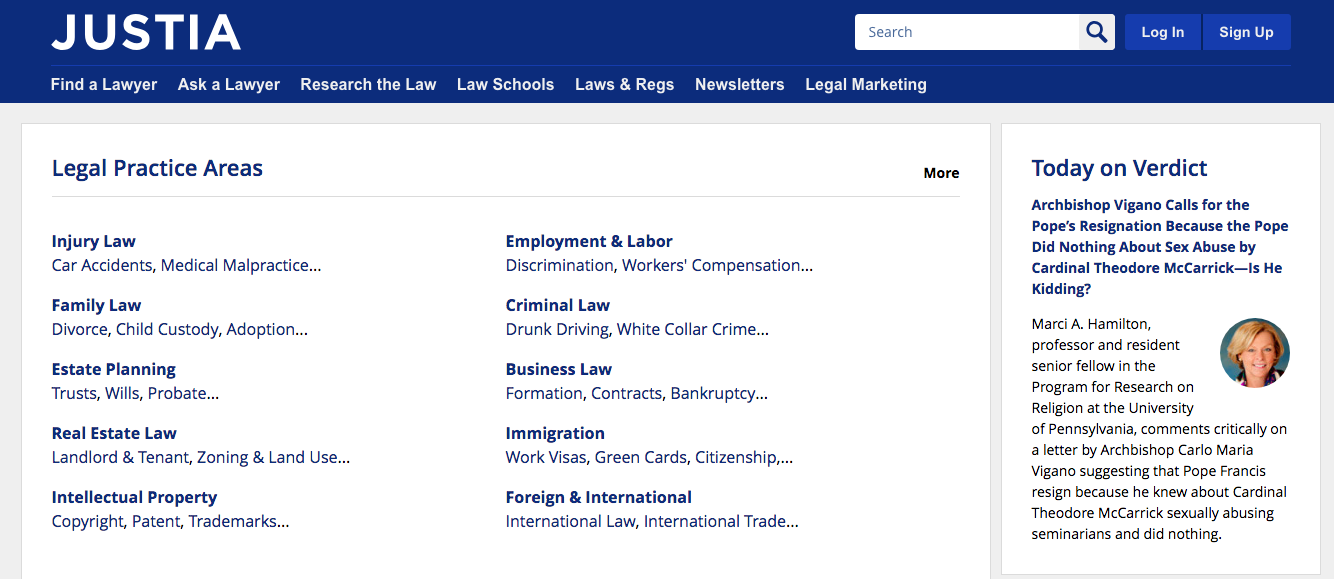
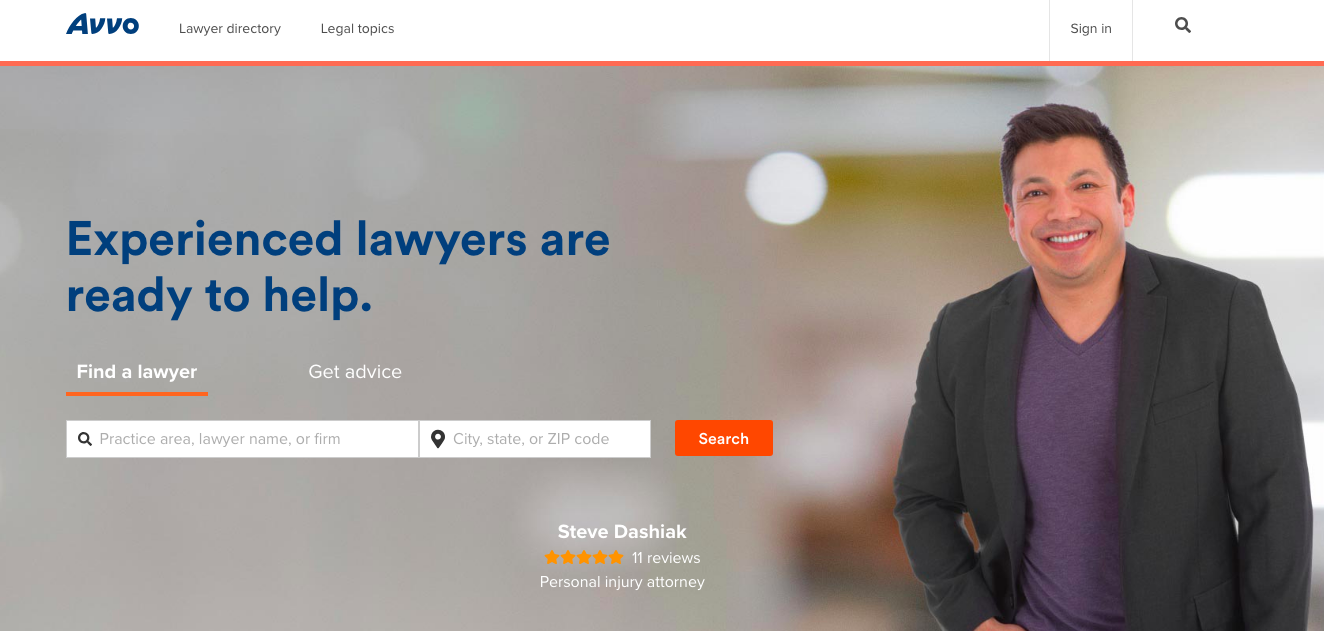
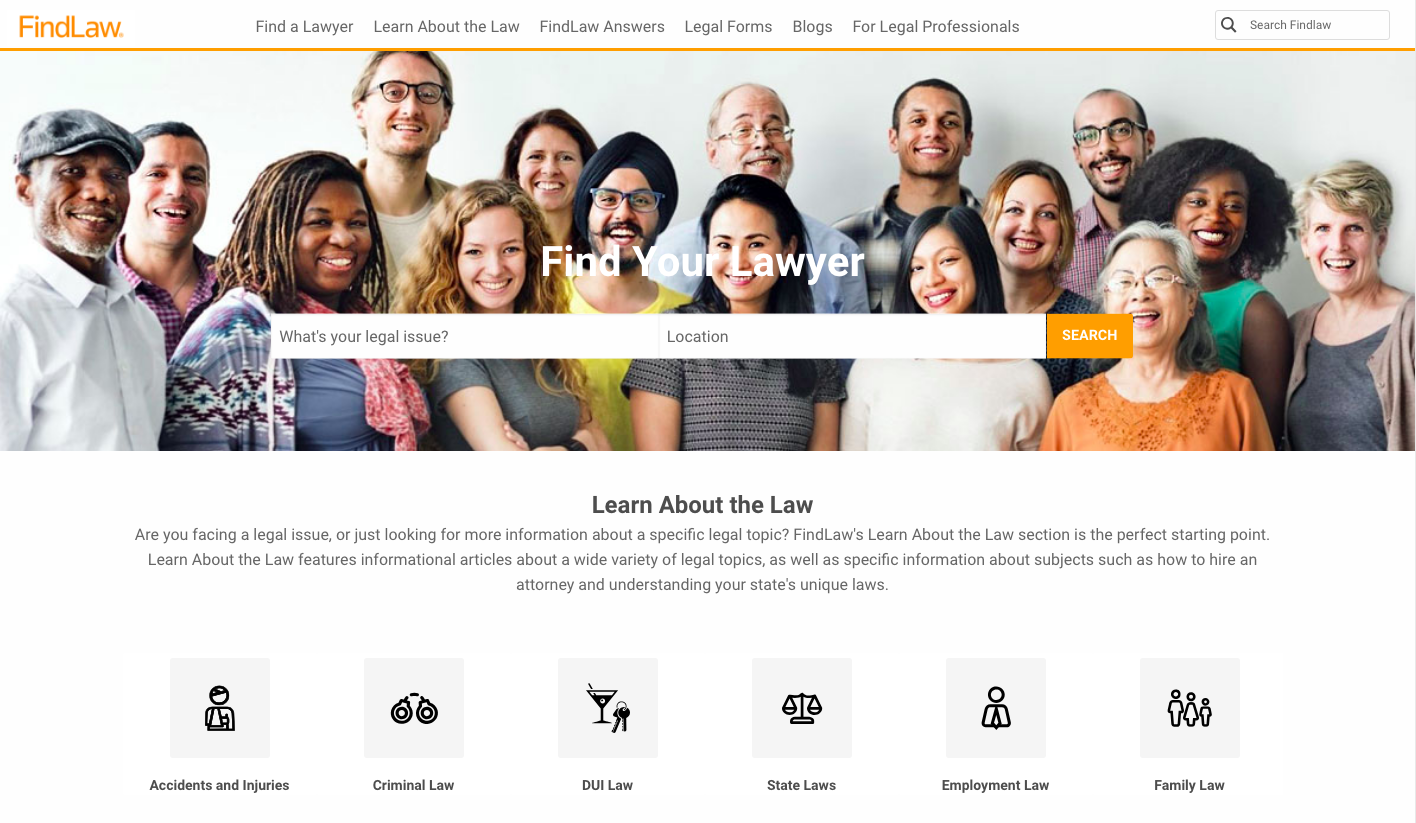
- local directories such as your local Chamber of Commerce site and local versions of Bizjournals or Manta.
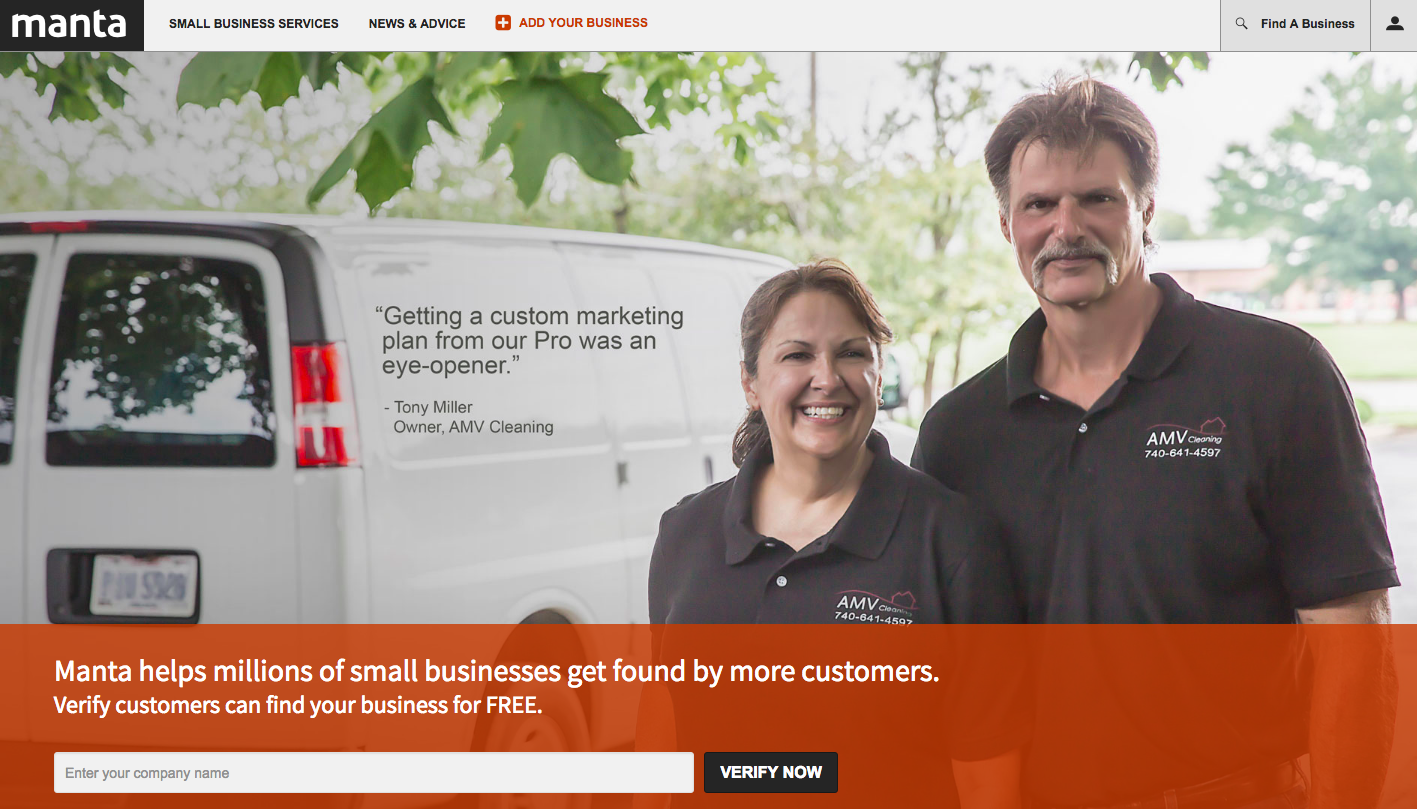
Note: Ensure that your NAP information (Name, Address, and Phone number) is consistent across all of these directories and that all info is updated regularly.
Optimize for Local Traffic
Here is how to optimize your website to attract local traffic:
- Include the areas you cover in your profile;
- Include local search terms such as your region, city, and/or county;
- Discuss local events and news on your website’s blog;
- Use Google’s ‘near me’ feature.;
- Ensure your law firm is included in local directories, Google Places, as well as social networks like LinkedIn and Facebook.
Google My Business
Here are some lawyer SEO tips that will help you optimize your Google My Business page:
Claim your business
Claim your business with Google by simply checking the ‘verify now’ option on the dashboard.
NAP
Your law firm’s NAP (name, address, and phone number) needs to be consistent across the web. That includes your site, your Google My Business page, social media pages, and all directory listings.
Selecting categories
Make sure to include the most relevant categories, i.e. those that describe your services. Try to pick between three and five categories.
Description
This is where you shortly introduce your firm to potential clients. It should include the background of your firm, your location (city), the services you offer, reasons why potential clients should choose you, as well as a clear CTA (for instance, call now to arrange a free-of-charge consultation). Don’t forget to include the keyword you’re targeting. Keep the description up to 200 words.
Images
Besides your company logo, you can add several images. These images should include headshots of the partners, as well as a group photo of all other lawyers working in the firm. Make sure that the images are clear and high-quality.
In Conclusion
There’s no doubt that SEO in the legal industry is competitive and this isn’t going to change anytime soon. If you want to get your law firm ranking on search engines, you need to do things the right way.
Our SEO for lawyers plan includes actionable and up-to-date ideas that reflect Google’s algorithm changes. It is broken down into several sections that include keyword research, website optimization, relevant content creation, link building, and local SEO tricks. Talk with one of our law firm SEO experts today!

